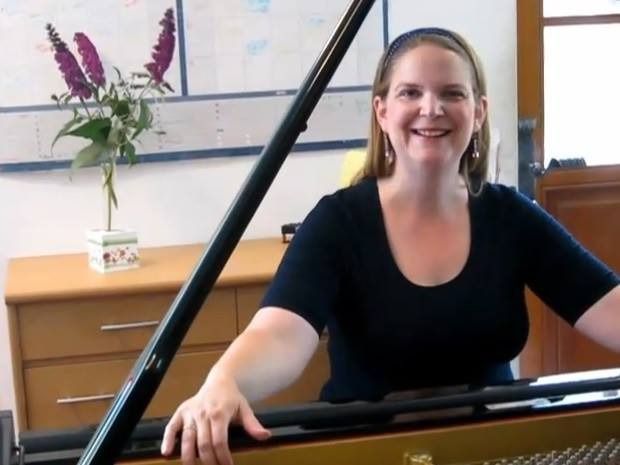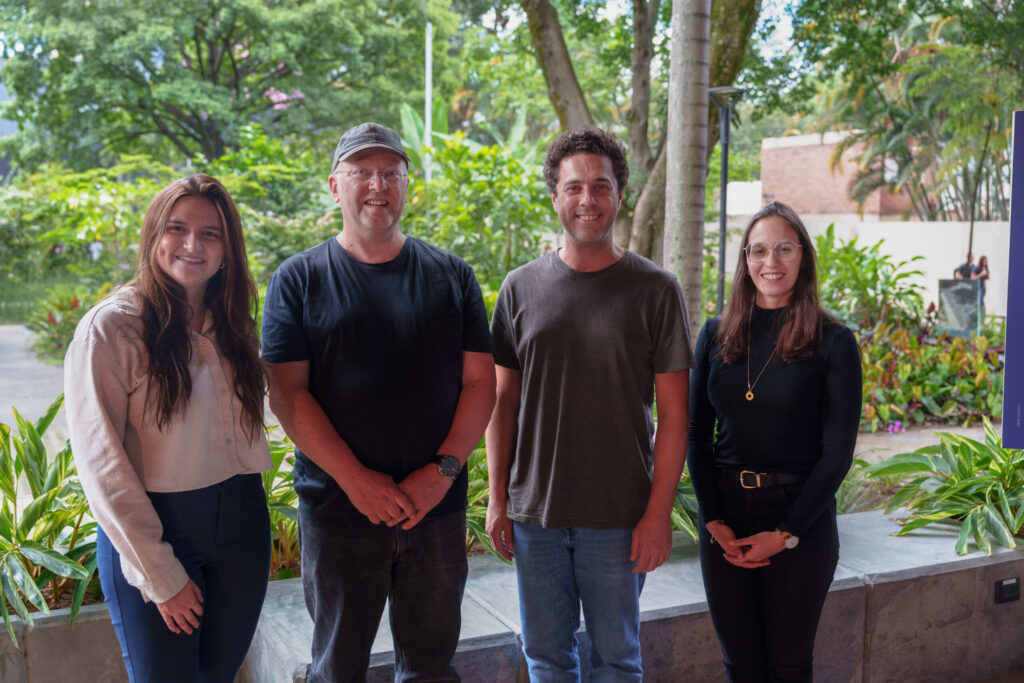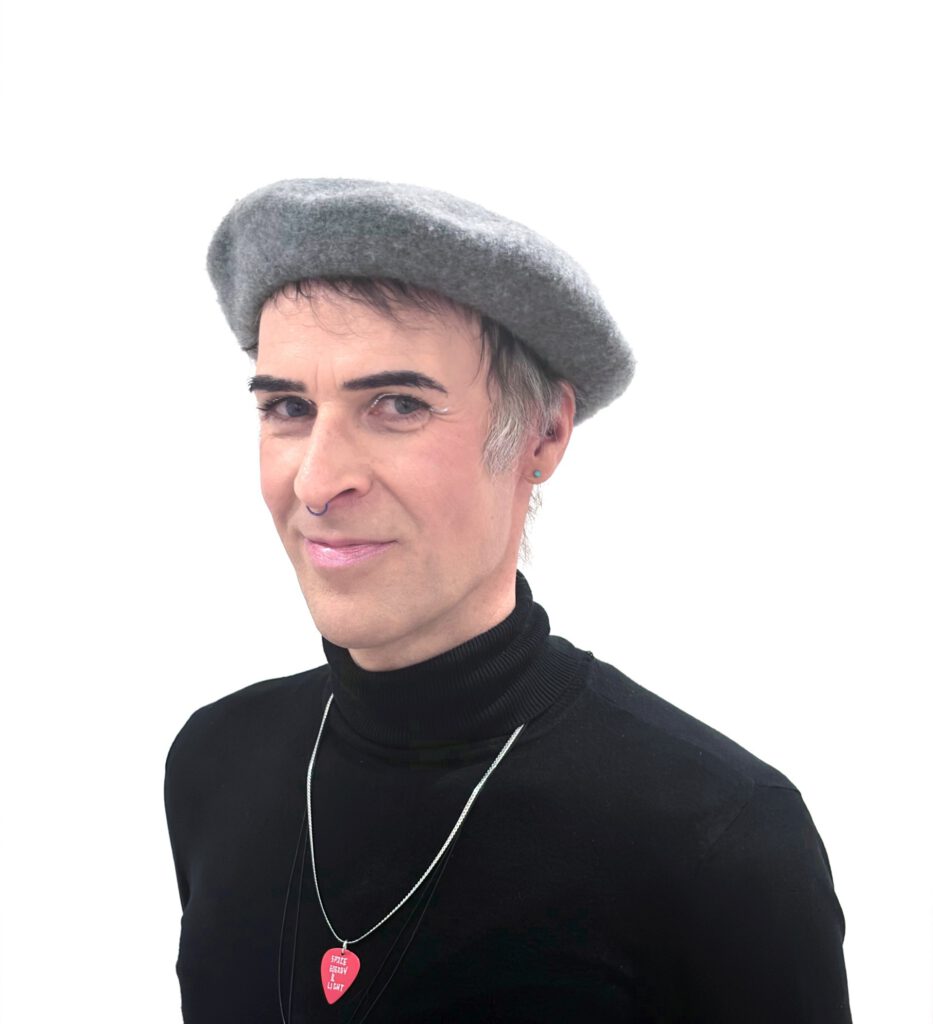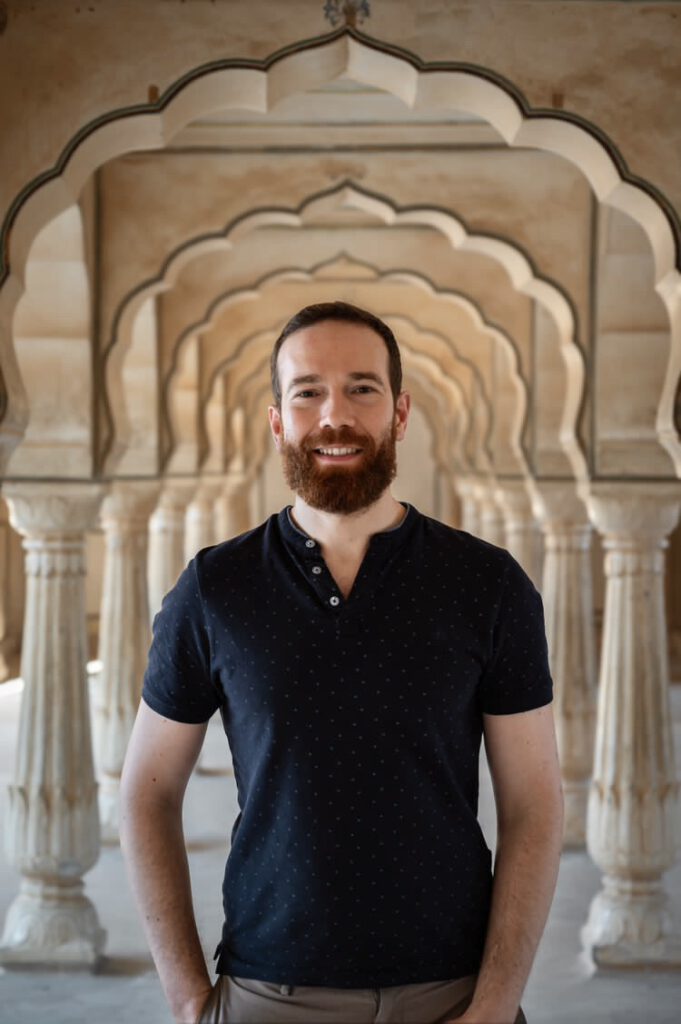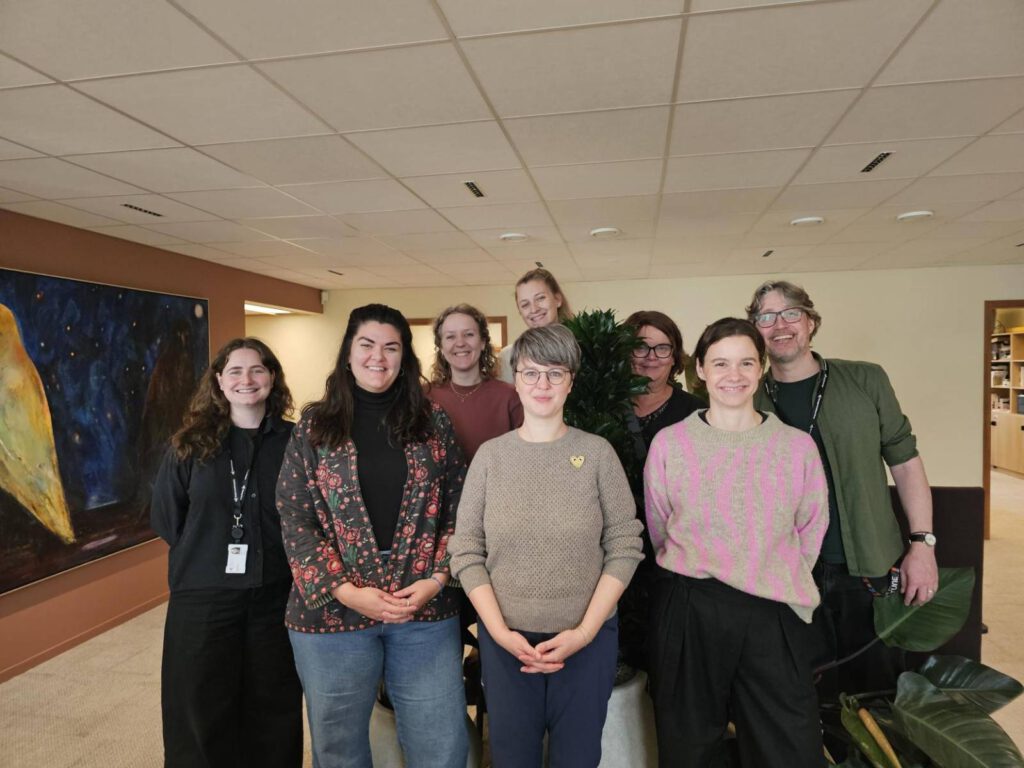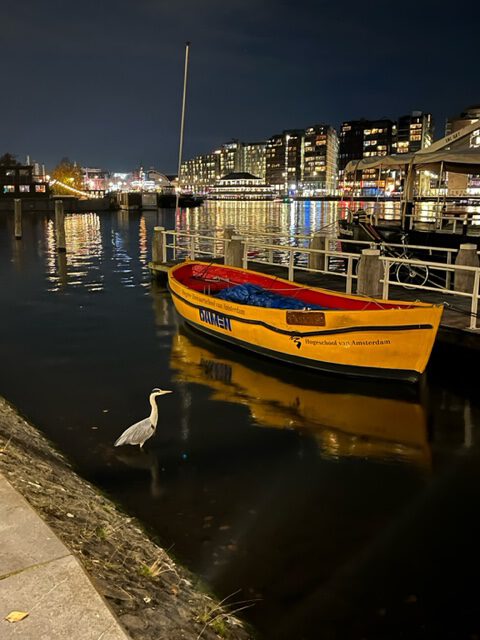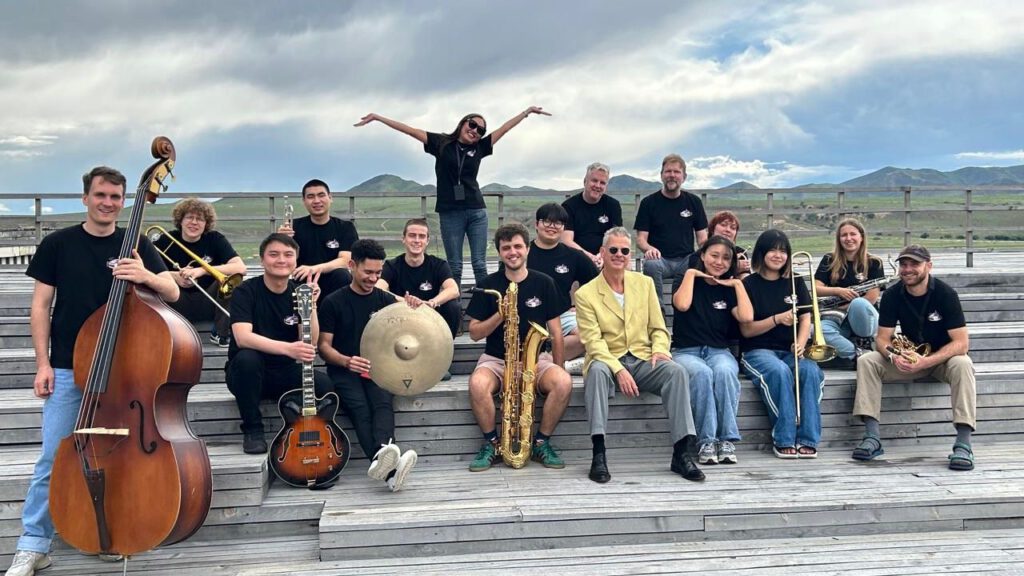Women composers of German Lied in the Romantic Period
Masterclass at the Iceland University of the Arts by mdw faculty Tanya Aspelmeier and Lisa Herger
Our adventure in Iceland was scheduled to take place in 2020. Me and my colleague Tanya Aspelmeier, Professor for voice at the Antonio Salieri Department, had our whole trip planned out and our masterclass at the Iceland University of the Arts was completely organized. Of course, the pandemic had other ideas about how we would spend 2020. So, we reorganized our teaching assignment abroad for 2021. However, our masterclass was destined to be postponed by pandemic restrictions a second time. When Tanya and I finally left for Iceland on January 29, 2023, the feeling was absolutely surreal! Could it really be true that we were finally going to teach and make music in the northernmost capital city of the world?

Iceland is a Schengen country and part of the regular European Erasmus+ program. Nonetheless, as we flew over the Arctic Isle, I couldn’t help but feel that this was another world. Looking down at the snow-covered craters and mountains, I knew our time in Iceland would be a truly new experience. We were pleasantly surprised to be greeted by sunshine and above-freezing temperatures. The weather in Iceland in January is very unpredictable. As we weren’t scheduled to teach until the next day, we quickly dropped our bags off at the hotel and went out to discover the Arctic city of Reykjavik.
The next day we were warmly greeted at the Iceland University of the Arts by Hanna Dóra Sturludóttir, the head to the voice department. We got straight to work, giving lessons to many of the department’s voice students in the bachelor’s program. Although the repertoire for our course included female composers from many different countries, that first day the students mostly brought Lieder by Clara Schumann and Alma Mahler. The works of these composers were quite new for the students and an excitement of discovery was in the air. The students who sang on the second day of the masterclass also brought songs by those composers, but they were interspersed with works by less well-known female composers such as Amy Beach, Ingeborg von Bronsart and Agathe Backer Grøndahl.



The week went by very fast! We had the chance to meet with voice teachers, accompanists, and other faculty of the University. There ensued lively conversations about technique and interpretation, best practices and curriculum structure and we also had the opportunity to sit in on lessons.
We were extremely fortunate with the changeable Winter weather in Iceland in that all the storms were on our teaching days. On our one free day we were met with sunshine and little wind. We took full advantage of this great fortune and toured the famous Golden Circle. We were very taken with Iceland’s beautiful landscape and natural wonders!
The final day of our Master Class, the students presented the Lieder they had studied in an intense and productive presentation. It was a great finale showcasing the students’ work. They came away with a deeper appreciation of and curiosity about this repertoire. Thanks to our discussions with our colleagues at the host institution, we became acquainted with Icelandic composers of Lied, both male and some female as well. Hanna, the head of the voice department, seeing our interest, even gave us 2 volumes of Lieder by Icelandic composers to bring back with us. So, in the true spirit of the Erasmus program, our time abroad will bring new inspiration and repertoire to the students at our home institution as well as at the receiving institution.

Front from the left: Neus, Anne, Kristrún, Ásta
The benefits of Erasmus teaching assignments are by no means limited to the receiving University’s classrooms and concert halls. The exchange of ideas, practices and knowledge has the power to create ripples throughout the entire local music community. In this vein, the final presentation at the Listaháskoli was not to be our last musical experience in Reykjavik. Our colleagues in the voice department told us about a truly original production of Così fan tutte taking place on our last night in the country. The opera was sung in Icelandic with spoken texts featuring humorous references to current affairs and culture in Iceland in place of most of the recitatives. The texts and translations were written by the director and Bass singer Bjarni Thor Kristinsson, an mdw alumnus. This creative approach had the effect of making the opera accessible to a wider audience including first-time opera-goers. The understandability and relevance to current events resulted in a vibrant and engaging production.

This brought our experience full circle. I worked with Bjarni Thor Kristinsson in the mdw opera department decades ago and we also worked together on productions at the Wiener Kammeroper. Now I was attending an opera directed by him at the Chamber Opera of Reykjavik. In fact, all the lead singers were Vienna-educated: 4 of the lead roles were sung by mdw graduates and the remaining two were sung by graduates of the muk. In addition to that, many of our students from our master class attended the event. We spoke with audience members for whom this was their very first live opera experience! The fact that the production was in Icelandic emboldened them to try it out and they clearly enjoyed themselves. Many audience members we encountered were excited to hear that we were visiting from Vienna to teach as guests at the Listaháskoli. This is networking and community building at its finest. I think most everyone got a sense of the European music scene as one big community that night.
It is most certainly not just cliché to say that travel broadens your horizons. I think all involved: teachers, students and even members of the public who interacted with us came away richer for this experience of cultural exchange.
Impressions of the Icelandic landscape:

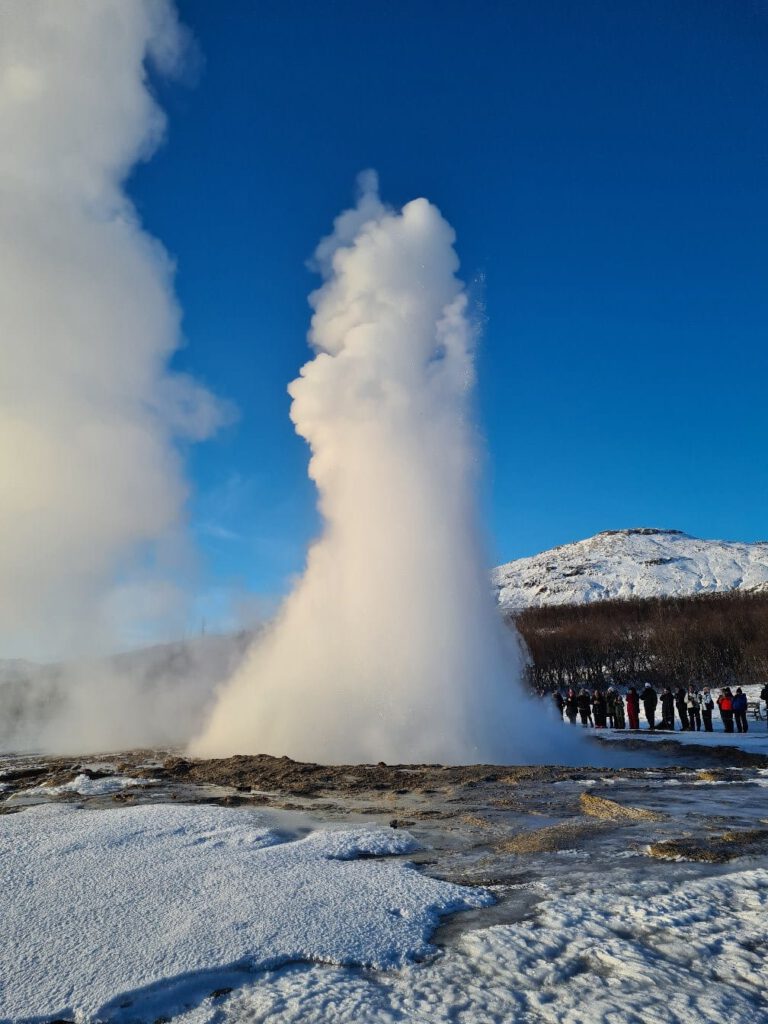
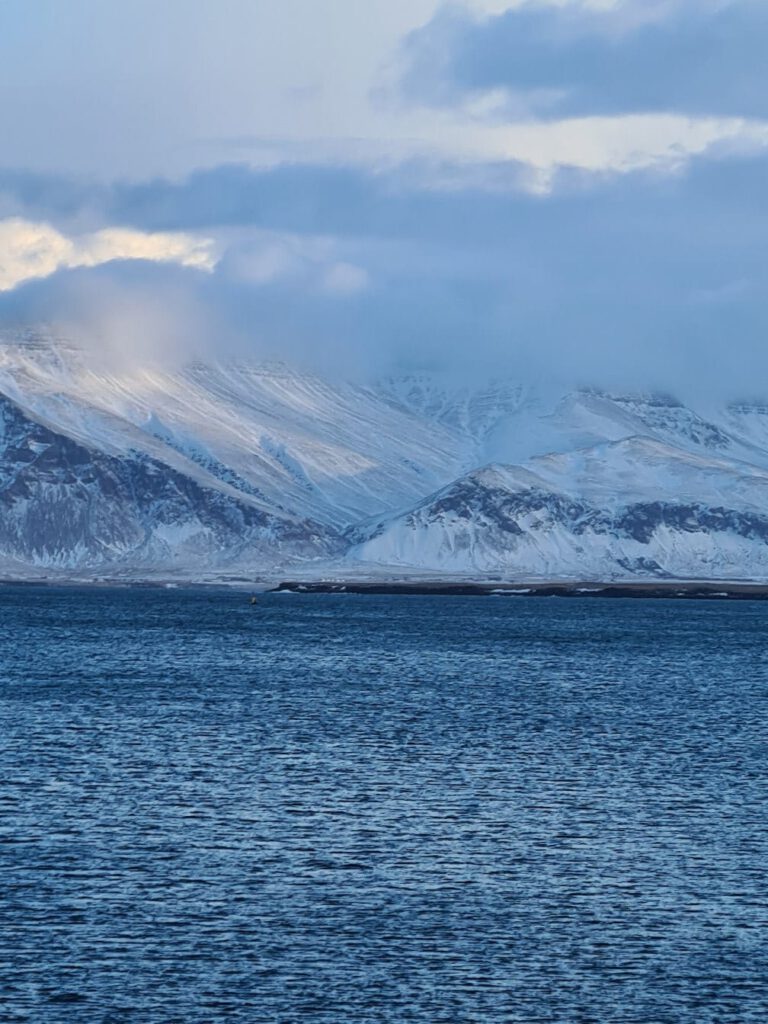
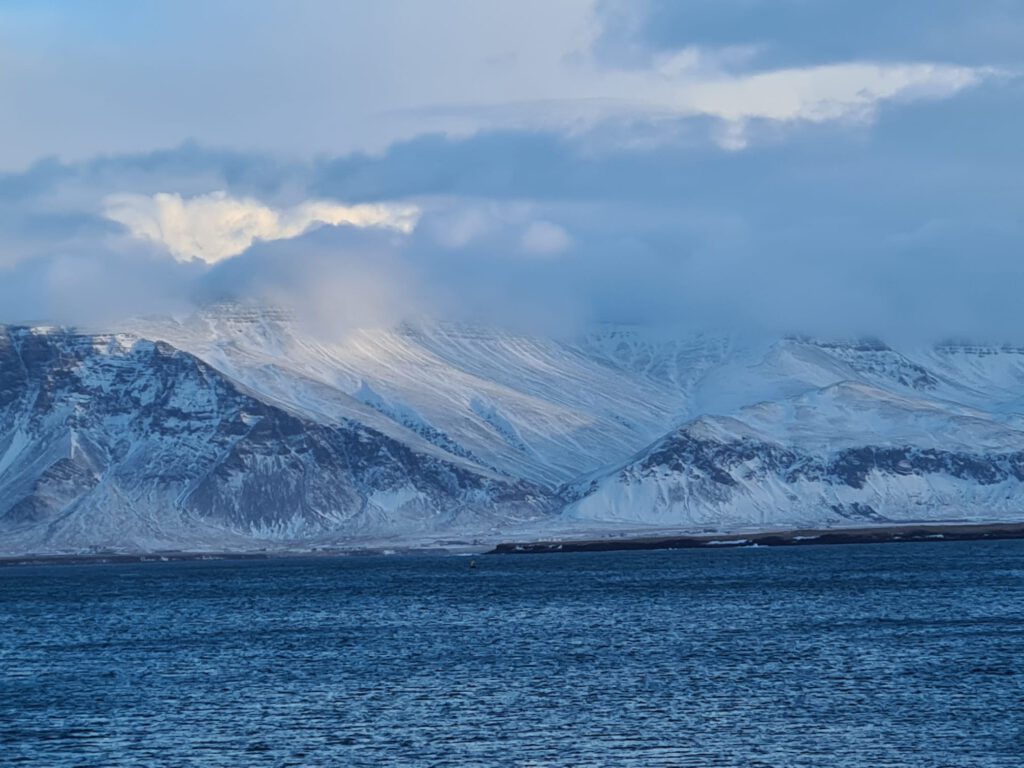
Are you a mdw teacher and interested in teaching in one of our partner institutions in Europe?

